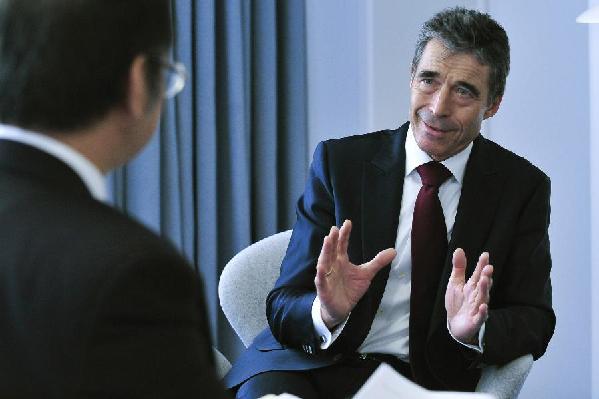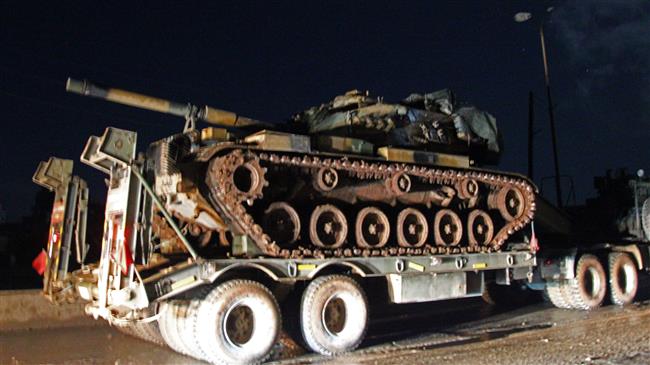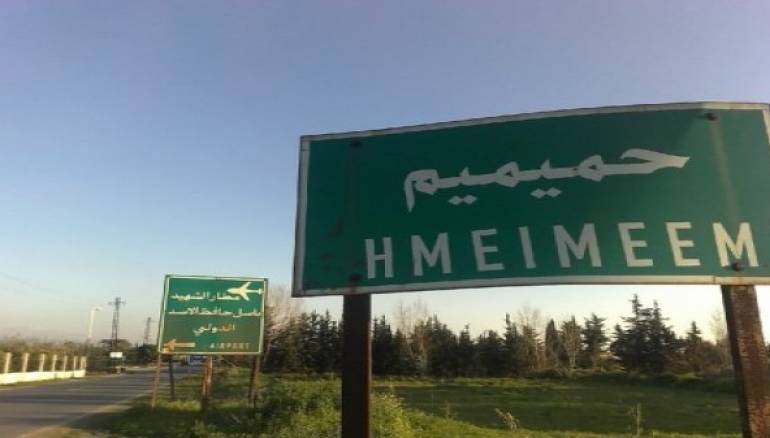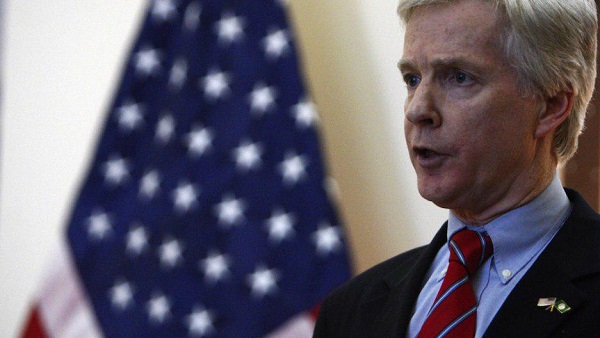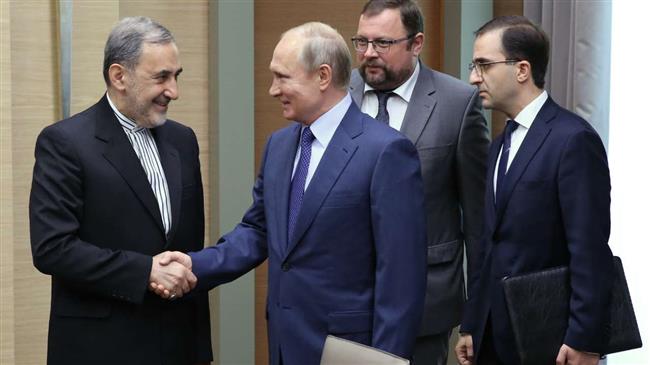NATO has no intention to intervene militarily in Syria and it wants to see a "peaceful and political" settlement in the turmoil-battered mideast nation, NATO Secretary General Anders Fogh Rasmussen told Xinhua in an exclusive interview recently.
Rasmussen said that unlike in Libya where there was a clear United Nations mandate, no international or regional requests have been made so far for NATO to step in Syria, and even the armed opposition groups in the country have refrained from calling for an international military intervention.
"I think the best way forward is the Annan plan to find peaceful and political solutions," said Rasmussen, the former Danish prime minister from 2001 to 2009.
His remarks came as UN-Arab League joint envoy Kofi Annan convenes a major conference in Geneva on Saturday to discuss solutions to the unrelenting domestic violence in Syria.
The meeting on Syria will be attended by the five permanent members of the UN Security Council, as well as Iraq, Kuwait, Qatar and Turkey.
Rasmussen hoped China would play an important role in bringing an end to the Syria conflict which began in early 2011, and called on China to exert influence in Damascus to put pressure on the regime to stop the violence.
Commenting on NATO-China ties, Rasmussen said he appreciated that concrete steps have been taken in the direction of strengthening the dialogue between China and NATO. He cited as examples military to military cooperation and increased high-level political contacts between the two sides.
Noting that NATO has already set up a special relationship with four of the five permanent members of the UN Security Council, Rasmussen said it is "quite natural" for NATO to "seek a more structural dialogue with China." "I hope to see that further developed in the coming years," he added.
Despite the U.S. military's enhanced Asia-Pacific focus, NATO has no plans to establish a permanent military presence in the Asia-Pacific region, Rasmussen said.
Nonetheless, he said, NATO has plans to engage with partners in the region such as Australia, New Zealand, Japan and South Korea.
"I do believe that the increased economic and political importance of the Asia-Pacific region also makes it necessary to engage more with the aim to ensure peace and stability in that region as well," he said.
Rasmussen also stressed that "the U.S. pivot toward the Asia Pacific region will not take place at the expense of the transatlantic relationship."
On Afghanistan, the NATO chief said their plans to hand over security responsibility by the end of 2014 was "on track" with Afghan security forces, which now takes charge of vast areas where around half of the Afghan population live.
"There are still security challenges, but in areas where the Afghans have taken responsibility, we have seen clear improvements," he said.
Rasmussen firmly denied that there is any contingency plan in case the transition process did not go as smoothly as planned.
"We have no plan B because we're confident plan A will work. That is that the Afghans can take full responsibility for security by the end of 2014. After that, we will continue with our training mission and support the Afghan security forces," he stated.
Rasmussen welcomed a strong engagement from countries in the region, including China. He said China could contribute to economic development in Afghanistan and play a political role in "facilitating a process where Afghanistan's neighbors, including Pakistan, engage positively in finding a solution to the conflict in Afghanistan."
Talking about the Shanghai Cooperation Organization (SCO), which just held a summit early in June in Beijing to mark the beginning of its second decade, Rasmussen said "cooperative institution is the way forward," and "it's excellent that individual nations cooperate within the framework of international or regional organizations such as SCO."
"NATO has cooperations, partnerships, and dialogues with members of SCO and we will continue to develop such bilateral partnerships, dialogues with members of SCO," he said.
On the trans-Atlantic Alliance, the NATO secretary general conceded that it is "faced with some economic challenges."
"Because of the economic crisis, defense budgets are decreasing," and "during recent years we have also seen an increasing gap between the U.S. in particular and the European allies when it comes to investments in defense," he said.
Rasmussen said that the way NATO addresses this challenge is to promote a "smart defense", featuring a "smarter way of spending money" through "more multinational cooperation."
"Instead of going for purely national solutions, we will promote multinational solutions. Individual allies will help each other, pool and share resources, and together they will acquire the necessary military capabilities," he said.
Referring to NATO-Russia relations, Rasmussen said since the NATO-Russia Summit in Lisbon where the two sides agreed to develop a "true strategic partnership", progress has been made in a number of areas of cooperation, such as cooperation on Afghanistan, counter-narcotics, counter-terrorism, and counter-piracy.
Despite some achievements, he admitted that the two sides still disagree on missile defense.
"We will continue our dialogue with Russia, and I strongly believe that it is in our mutual interest to develop a true strategic partnership between Russia and NATO," he added.
Rasmussen described the overall security situation of the world as "a mixed picture," with "progress in some areas" and "setbacks in other areas."
He named international terrorism, piracy and cyber-security as the three major security challenges, and called for increased engagement and partnership across the world to fight back the threats.
Rasmussen said that unlike in Libya where there was a clear United Nations mandate, no international or regional requests have been made so far for NATO to step in Syria, and even the armed opposition groups in the country have refrained from calling for an international military intervention.
"I think the best way forward is the Annan plan to find peaceful and political solutions," said Rasmussen, the former Danish prime minister from 2001 to 2009.
His remarks came as UN-Arab League joint envoy Kofi Annan convenes a major conference in Geneva on Saturday to discuss solutions to the unrelenting domestic violence in Syria.
The meeting on Syria will be attended by the five permanent members of the UN Security Council, as well as Iraq, Kuwait, Qatar and Turkey.
Rasmussen hoped China would play an important role in bringing an end to the Syria conflict which began in early 2011, and called on China to exert influence in Damascus to put pressure on the regime to stop the violence.
Commenting on NATO-China ties, Rasmussen said he appreciated that concrete steps have been taken in the direction of strengthening the dialogue between China and NATO. He cited as examples military to military cooperation and increased high-level political contacts between the two sides.
Noting that NATO has already set up a special relationship with four of the five permanent members of the UN Security Council, Rasmussen said it is "quite natural" for NATO to "seek a more structural dialogue with China." "I hope to see that further developed in the coming years," he added.
Despite the U.S. military's enhanced Asia-Pacific focus, NATO has no plans to establish a permanent military presence in the Asia-Pacific region, Rasmussen said.
Nonetheless, he said, NATO has plans to engage with partners in the region such as Australia, New Zealand, Japan and South Korea.
"I do believe that the increased economic and political importance of the Asia-Pacific region also makes it necessary to engage more with the aim to ensure peace and stability in that region as well," he said.
Rasmussen also stressed that "the U.S. pivot toward the Asia Pacific region will not take place at the expense of the transatlantic relationship."
On Afghanistan, the NATO chief said their plans to hand over security responsibility by the end of 2014 was "on track" with Afghan security forces, which now takes charge of vast areas where around half of the Afghan population live.
"There are still security challenges, but in areas where the Afghans have taken responsibility, we have seen clear improvements," he said.
Rasmussen firmly denied that there is any contingency plan in case the transition process did not go as smoothly as planned.
"We have no plan B because we're confident plan A will work. That is that the Afghans can take full responsibility for security by the end of 2014. After that, we will continue with our training mission and support the Afghan security forces," he stated.
Rasmussen welcomed a strong engagement from countries in the region, including China. He said China could contribute to economic development in Afghanistan and play a political role in "facilitating a process where Afghanistan's neighbors, including Pakistan, engage positively in finding a solution to the conflict in Afghanistan."
Talking about the Shanghai Cooperation Organization (SCO), which just held a summit early in June in Beijing to mark the beginning of its second decade, Rasmussen said "cooperative institution is the way forward," and "it's excellent that individual nations cooperate within the framework of international or regional organizations such as SCO."
"NATO has cooperations, partnerships, and dialogues with members of SCO and we will continue to develop such bilateral partnerships, dialogues with members of SCO," he said.
On the trans-Atlantic Alliance, the NATO secretary general conceded that it is "faced with some economic challenges."
"Because of the economic crisis, defense budgets are decreasing," and "during recent years we have also seen an increasing gap between the U.S. in particular and the European allies when it comes to investments in defense," he said.
Rasmussen said that the way NATO addresses this challenge is to promote a "smart defense", featuring a "smarter way of spending money" through "more multinational cooperation."
"Instead of going for purely national solutions, we will promote multinational solutions. Individual allies will help each other, pool and share resources, and together they will acquire the necessary military capabilities," he said.
Referring to NATO-Russia relations, Rasmussen said since the NATO-Russia Summit in Lisbon where the two sides agreed to develop a "true strategic partnership", progress has been made in a number of areas of cooperation, such as cooperation on Afghanistan, counter-narcotics, counter-terrorism, and counter-piracy.
Despite some achievements, he admitted that the two sides still disagree on missile defense.
"We will continue our dialogue with Russia, and I strongly believe that it is in our mutual interest to develop a true strategic partnership between Russia and NATO," he added.
Rasmussen described the overall security situation of the world as "a mixed picture," with "progress in some areas" and "setbacks in other areas."
He named international terrorism, piracy and cyber-security as the three major security challenges, and called for increased engagement and partnership across the world to fight back the threats.
Source : Afghan Voice Agency (AVA), International Service
